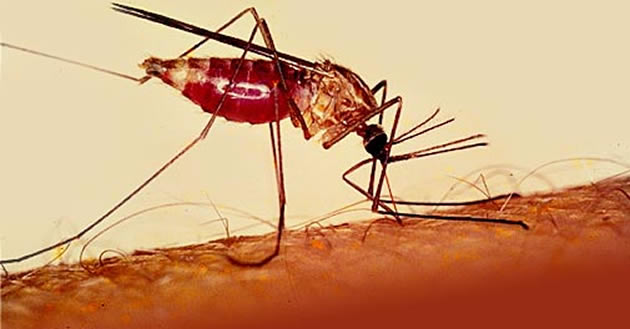Malaria deaths spike in 2017

Thandeka Moyo, Health Reporter
MALARIA related deaths increased from 65 to 116 countrywide in the first two months of 2017 compared to the same period last year.
Matabeleland North provincial medical director Dr Nyasha Masuka said the 116 malaria deaths were recorded in January and February this year.
“In 2015 during the same year, 117 deaths were reported and they dropped in 2016 to 65. This year we recorded 116 deaths and 71 913 malaria cases.
“The 2016/2017 rainy season provided breeding ground for mosquitoes thereby increasing the risk of malaria. There is a need for weekly monitoring of disease trends and follow up on susceptible areas,” said Dr Masuka.
He said in his province, the number of malaria related deaths were going down.
“The provincial malaria incidence level has been going down since 2013. We had 9 in 2014 and then 5 in 2014 followed by 3 in 2015. For 2016 we recorded 1.7,” he said.
According to the World Malaria Report 2016, the rate of new malaria cases fell by 21 percent globally between 2010 and 2015. Malaria death rates fell by 29 percent in the same 5-year period. In sub-Saharan Africa, case incidence and death rates fell by 21 percent and 31 percent respectively.
Other regions have made substantial gains in their malaria responses but the disease remains a major public health threat. In 2015, the global tally of malaria reached 429 000 malaria deaths and 212 million new cases. One child died from malaria every 2 minutes.
A new malaria vaccine will be tested on a large scale in Kenya, Ghana and Malawi, the World Health Organisation has said, with 360 000 children to be vaccinated between 2018 and 2020.
The injectable vaccine RTS,S could provide limited protection against a disease that killed 429 000 people worldwide in 2015, with 92 percent of victims in Africa and two-thirds of them children under five.
Kenya, Ghana and Malawi were selected for the trial because malaria rates are high and they have a long history of use of bed nets and other interventions.
The large-scale pilot is the latest step in decades of work seeking to eradicate malaria with the numbers dying falling nearly two-thirds since the turn of the century.
During the World Malaria Day which was commemorated on Tuesday, there were global calls for accelerated scale-up of efforts to prevent malaria and save lives.
—@thamamoe












Comments